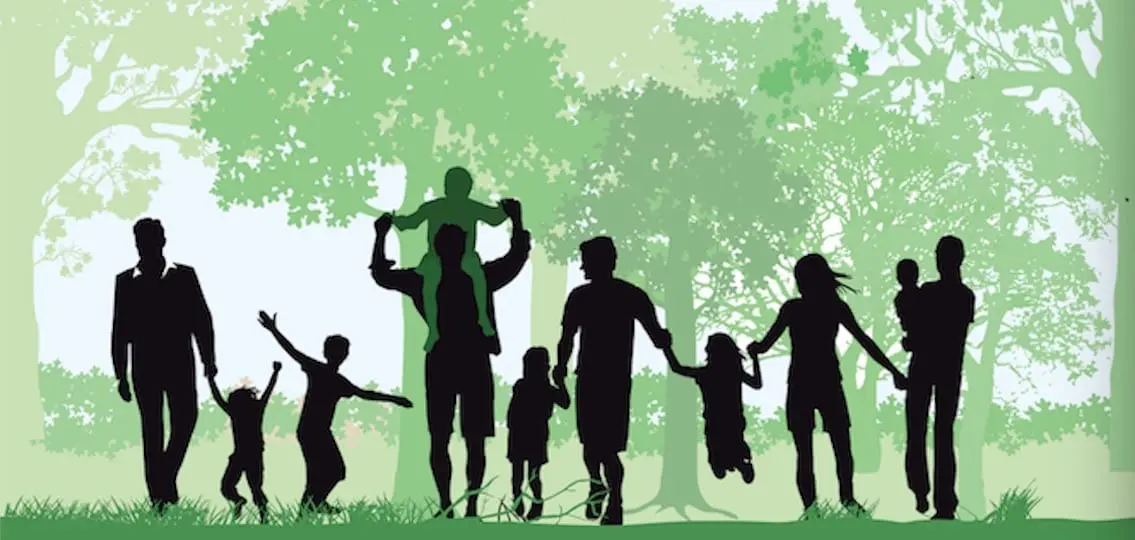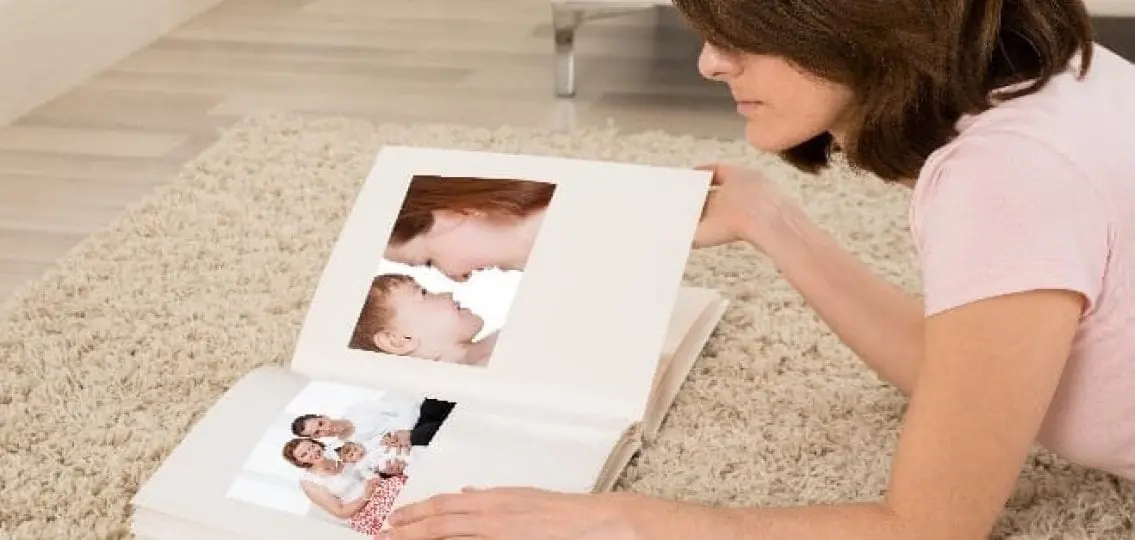Last week I saw a story about a mother who saw some kids misbehaving in Target. She told them she was going to wait with them outside the store until their mother arrived. When she did, she told her how she had observed the kids trying to snap photos of a cashier with some kind of traumatic head injury. The mother thanked her for letting her know, and drove off.

Good on her. I wholeheartedly approve of catching kids of any age in the act of thoughtless cruelty and letting them know it’s unacceptable behavior. But what bothers me is this: What happened next? How do we know that the mother disciplined or corrected her child’s behavior? And what if instead of being grateful, the mother had told Target mom to mind her own business, with a few other choice expletives? If you don’t think that’s in the realm of possibility, try telling a relative or a good friend of yours something bad about their kid. You won’t always get thanked for it.
Dealing with Misbehaving Teens: It Takes a Village
Here’s an illustration: A friend of mine was eating breakfast at a five star resort with her husband. A family came in and sat next to them. Their kids immediately started throwing things at each other, yelling, and running around the table. When my friend’s husband told the children to pipe down, the 12-year old sneered at him, “We’re KIDS. Deal with it.” The mother joined in and told my friend’s husband to mind his own “f’ing business” and suggested maybe they should just eat breakfast in their room instead. Nice job, right?
Here’s what I’m wondering: Do we have to tell the parents when we see teens or pre-teens misbehaving? Or can we just cut out the middle man and confront the teen directly? Adults used to tell kids all the time when they were acting up. When did it become the convention that you had to inform the parent, and then withdraw discreetly, trusting them to do what they thought was best? Does a teen deserve to be cushioned or protected from criticism solely on account of their youth? If it “takes a village” to raise a child, then don’t we as senior villagers have the ability, nay, the obligation to introduce and enforce societal standards to the young adults who are the newest members of the village?
Responsibility Through Confrontation
Me? I’m not afraid of confrontation. I’ve gone off on offending kids a few times in my life when they deserved it. Like the time I dropped my son off at lacrosse practice on a snowy night at an unfamiliar facility across town. I may have gone out the wrong way in the entrance lane. I’m human. A blond, apple-cheeked kid in a black jeep coming into the parking lot was apparently outraged by this, and gave me the double bird. When he ran out of middle fingers, he also yelled “F*&# YOU” at me for good measure.
So I bided my time until practice was over. When he was in the middle of a group of his teammates taking off his equipment, I walked up to him and said, “Hi. Remember me? I’m the person you flipped off in the parking lot. I’m sorry I was in the wrong lane, but flipping me off was really rude. So I want to give you a chance to say ‘F you’ again to my face, in front of all your friends, or to be the kind of kid your parents probably raised you to be and to apologize.”
He turned beet red and couldn’t stop stammering “I’m so sorry. I’m so sorry.” I explained to him that sometimes people make mistakes driving, but that reacting the way he did could get him into trouble. It could have escalated into a road rage incident if he met someone who wasn’t as nice as I was. (Like the guy who waved a gun at my sister-in-law when she cut him off in traffic. True story.)
He was probably a good kid—but in that moment, he deserved to be called out for being rude. And I’m not gonna lie: It was very satisfying to tell him exactly what he deserved to hear in a way he most likely didn’t soon forget. Heck, maybe he wrote his college essay about the crazy woman who confronted him one night at lacrosse practice.
Stepping In and Stepping Out
My point is this: Parents can’t be everywhere to make sure our kids are behaving as we would hope. Sometimes in spite of our values, attentive parenting, and years of discipline, our kids act like jerks. But could we all agree that a lot of adolescent problems could be nipped in the bud if an adult would call them on it? Isn’t that what this whole “it takes a village” thing means? Could we also agree that, as parents, we won’t get defensive? Could we not blame the other parent for being an interfering busybody, but let our kids learn from it? Things like manners, conflict resolution, being considerate – or even standing up for themselves if they feel they’re unjustly accused. We should allow our teens to experience consequences of bad behavior when you aren’t around to smooth everything out for them.
I’m not asking anyone to parent my kids. They don’t need to tell me how to dress them. They don’t need to offer their opinions on whether or not they should have pink hair. Like most parents, I’m (usually) doing my best. But if my kid has his feet up on the back of your seat at the movies, or is being raucous or obnoxious, or using the f bomb in front of grandparents and small children, I hereby deputize you to have at them. Please. And I promise that instead of yelling at you, I will tell them they deserved it.

Welcome to the village, kids. Let’s all keep things nice around here.




